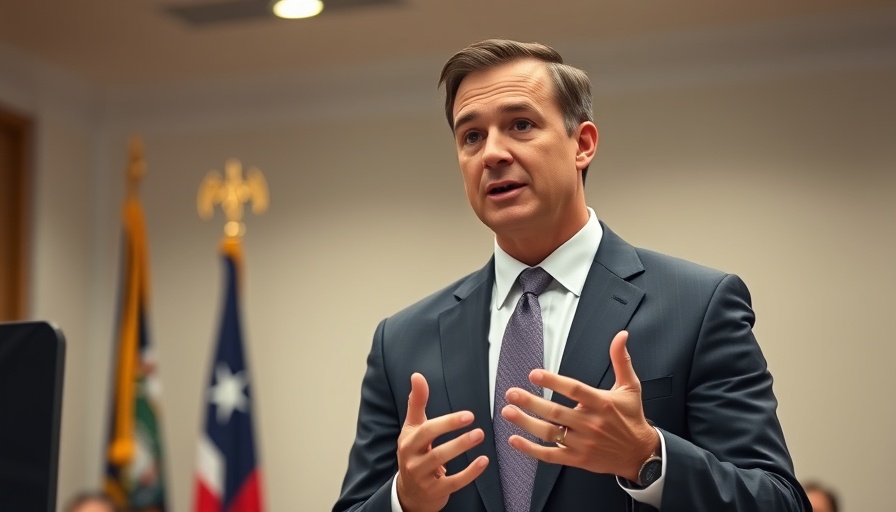
Understanding the Current Debate on Immigrant Health Care
The ongoing discourse among Democratic governors regarding health care for unauthorized immigrants marks a significant pivot from previous policies aimed at expanding such coverage. This shift comes as states face budget constraints, leading to proposals that would considerably limit access to health services for millions. In California, Governor Gavin Newsom's recent announcements to freeze enrollments and impose a new monthly premium for certain undocumented adults underscore this growing concern. This decision comes after the state had provided Medi-Cal to all adults regardless of their legal status, bringing vital health services to 1.6 million individuals.
Budgetary Pressures and Medicaid Funding
The backdrop of these changes is rooted in impending budget holes. Federal proposals threaten to alter state Medicaid funding, which could see reductions in support from 90% to 80% for states that expand coverage to unauthorized immigrants. Such financial strain is compelling lawmakers to reconsider previously robust health care policies aimed at supporting this vulnerable population.
Impact on Local Communities and Health Outcomes
The ramifications of limiting health care access are profound. Unauthorized immigrants often work in essential sectors, contributing significantly to the economy yet lacking access to necessary health services. Reducing their coverage might exacerbate existing health disparities, leading to worse outcomes not only for the immigrants affected but also for the communities they serve. California’s plan emphasizes exceptions for specific demographics, including pregnant women, highlighting a nuanced approach to managing these cuts.
Political Ramifications: A Divided Response
Responses to Governor Newsom's proposals are varied, even among Democratic lawmakers. While some criticize the cuts as necessary fiscal measures, others, such as members of the Latino Caucus, argue for the continuation of essential health services, suggesting that budget cuts should be explored elsewhere. This internal conflict within the party illustrates the broader implications of health care policy, where decisions are influenced by a mix of economic, political, and ethical considerations.
Public Opinion and Future Directions
Public sentiment around health care for unauthorized immigrants is complex and often contentious. As states weigh the economic realities of supporting these populations against political and social pressures, future policy directions remain uncertain. There is potential for advocacy groups to mobilize public support for maintaining or expanding health care access, pushing against the tide of the current political climate.
Actionable Insights and Strategic Considerations for Business Leaders
For CEOs and business professionals, understanding the implications of health policy changes is crucial. Companies with a significant number of immigrant workers must be prepared for potential impacts on workforce health and stability. Developing strategies to address health disparities within this population can enhance employee wellness programs and reinforce corporate social responsibility initiatives, creating a more informed and compassionate workplace culture.
Conclusion: Navigate the Changing Landscape
As changes in health care policy continue to unfold, it's essential for business leaders to stay informed and consider the broader impacts on their workforce and local economies. The complexity of this issue calls for robust dialogue and innovative solutions that prioritize community health while also addressing fiscal realities.
 Add Row
Add Row  Add
Add 




Write A Comment